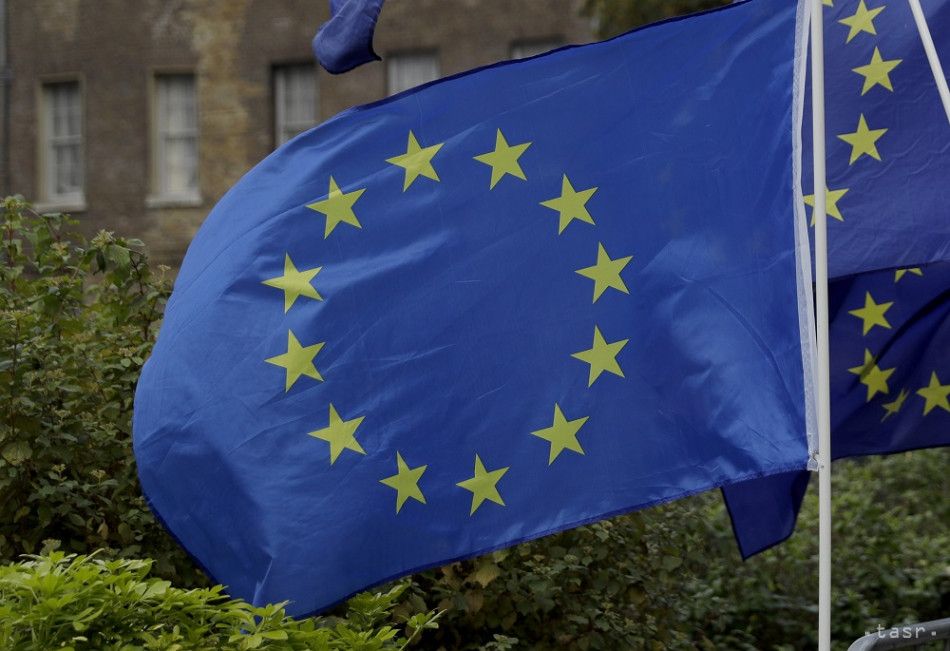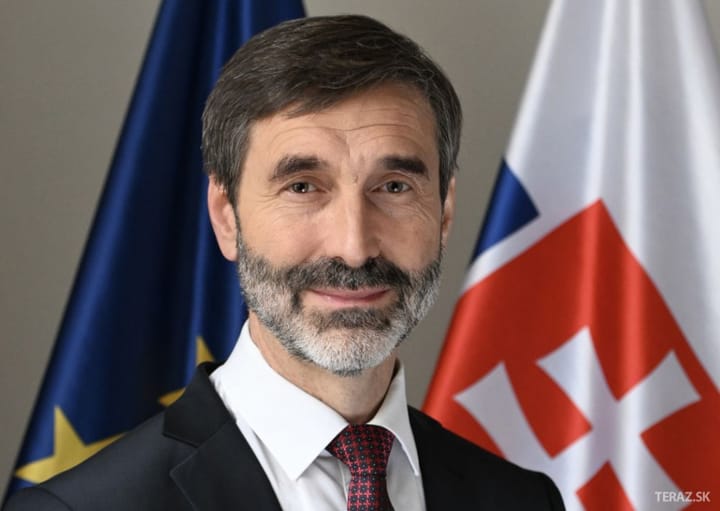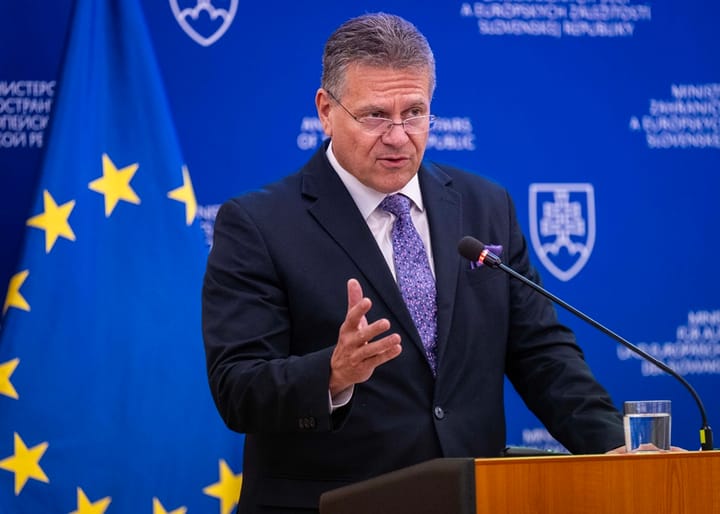CoFoE: EU a Great Help in Fight Against COVID, Experts Agree

Bratislava, January 4 (TASR) – The greatest success of the European Union in the fight against the COVID-19 pandemic was the joint purchase of vaccines, Maria Brozmanova of the Slovakia’s Permanent Representation to the EU concurred with health analyst Martin Smatana and health sector expert Peter Pazitny in their debate on TASR TV on Tuesday.
They also concurred on the need to complete the building of EU’s health union, which is one of the topics of the ongoing Conference on the Future of Europe (CoFoE).
“Since the beginning, the EU has been the driving force behind the research and development of vaccines against COVID-19. In cooperation with the member states, the European Commission managed to obtain 4.6 billion doses of vaccines to date. In addition, the EU has stood at the forefront of enabling global access to safe vaccines for the whole world,” claimed Brozmanova.
“The directive on digital COVID passes was adopted and implemented in an extremely short time (within three months), with more than 650 million COVID passes being issued thus far,” added Brozmanova.
Analyst Smatana pointed out that the EU doesn’t have any direct powers in the sphere of health, yet it has done the utmost of what it could do. “It has centrally procured the vaccines, tests and respirators,” he said, accentuating the importance of the joint purchase of the vaccines.
“The Commission was able to fix the price (of vaccines). If we had needed to compete against, for instance, the Netherlands or Germany, they would have simply outbid us,” claimed Smatana. He also praised the work of the European Medicines Agency and the European Centre for Disease Control.
Health expert Pazitny warned that the capability to handle the pandemic varies significantly among the EU member states. “It turns out that COVID-19 is weathered well by those countries that excel at chronic disease management,” he pointed out.
“When we realize that there are countries in the EU such as Romania, which spend somewhere in the neighbourhood of four percent of GDP on health, and then there’s Germany that spends up to 11 percent of its GDP, then that glaring disparity in financial capabilities of individual countries becomes plain to see,” he added.



